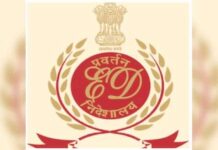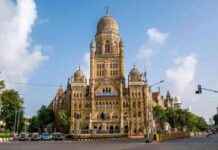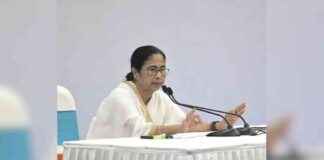Rahul Gandhi, the Leader of Opposition in Lok Sabha, accused the Bharatiya Janata Party (BJP) of serving the interests of billionaire industrialist Gautam Adani with their slogan “Ek Hai Toh Safe Hai.” He claimed that this slogan is primarily benefiting Adani in acquiring land worth ₹1 lakh crore through the Dharavi redevelopment project.
During a press conference in Mumbai, Gandhi framed the upcoming Assembly election as a battle between the wealthy elite and the underprivileged. He alleged that the land being transferred to Adani Realty is valued at an astounding ₹1 lakh crore, which he believes is a result of Adani’s close relationship with Prime Minister Narendra Modi. Gandhi criticized the tendering process in the Dharavi Redevelopment Project, suggesting that it was manipulated to favor Adani’s interests. He also accused central agencies of pressuring industrialists to hand over their projects to government-favored business figures, neglecting the needs of the impoverished residents of Dharavi.
Furthermore, Gandhi pointed out that nine major projects initially planned for Maharashtra had been redirected to other states, totaling a whopping ₹7 lakh crore in worth. These projects included an international financial services center, a Gail petrochemical project, a Tata aircraft project, and an iPhone manufacturing project. The BJP and Adani Group have not yet responded to these serious allegations.
The campaigning for the November 20 assembly elections in Maharashtra is set to conclude on Monday evening. The accusations made by Gandhi shed light on the power dynamics at play in the political landscape, raising concerns about the influence of wealthy individuals on government decisions. The contrast between the interests of the rich and the marginalized sections of society is a key theme in this election, as highlighted by Gandhi’s statements.
As the election day approaches, it remains to be seen how these allegations will impact the voters’ decisions and whether the BJP and Adani Group will address the concerns raised by the opposition. The outcome of the election will determine the future direction of Maharashtra and the extent to which the interests of the people are prioritized over those of powerful corporations.




















